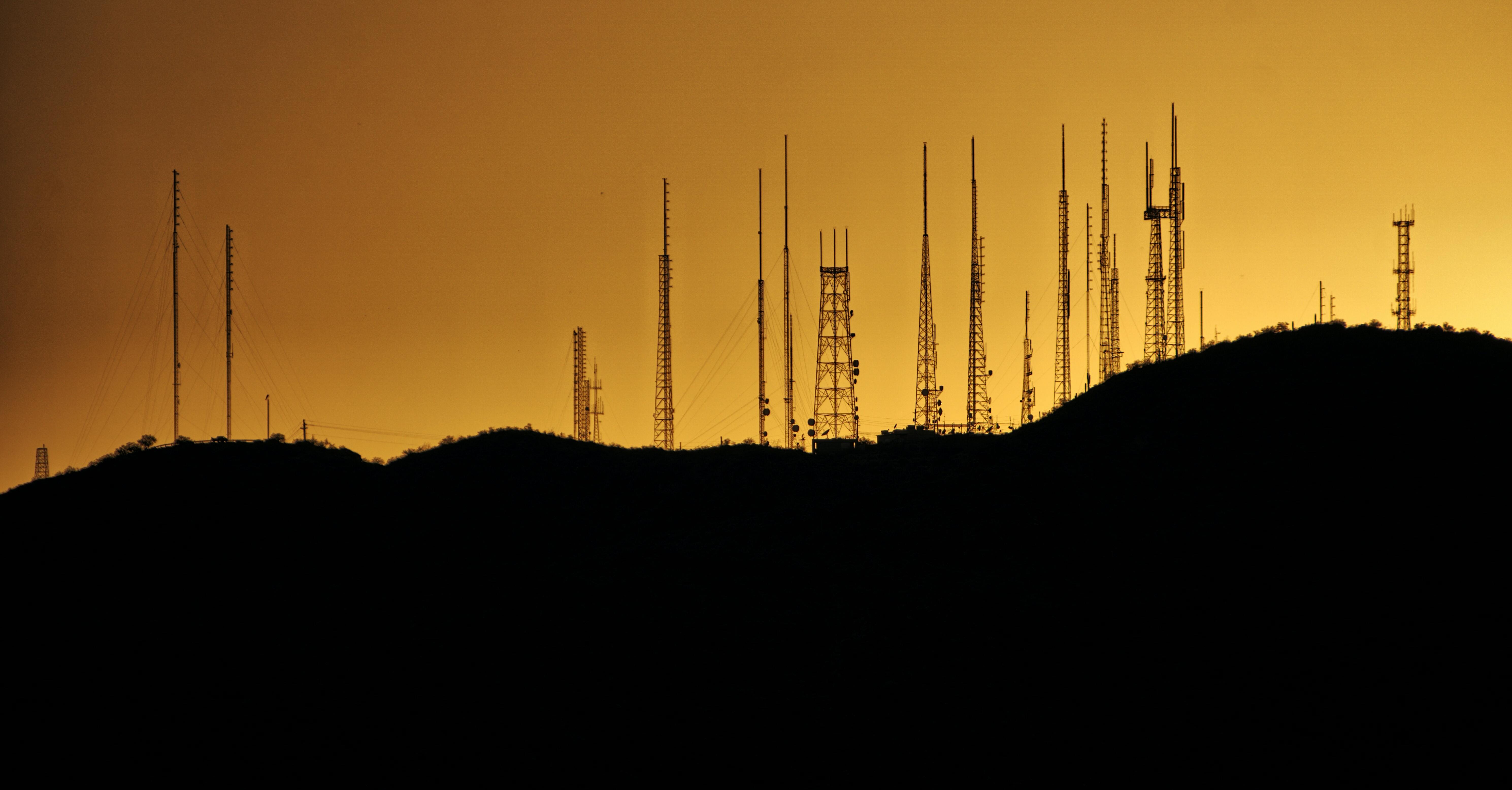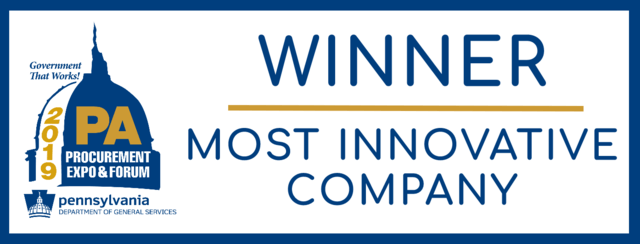
Sign up for Procurated
Procurated helps public sector buyers make more informed buying decisions through peer reviews. It is completely free to use.
Write and read reviews, find new suppliers, manage vendor performance and more!
Digital Inclusion: Unlocking Public Services & Opportunities
As a society, we’ve moved past simply identifying the digital divide, to having federal and local officials actively addressing digital inequity. Digital inequity is a condition in which all individuals and communities do not have the information technology capacity needed for full participation in our society, democracy and economy.
This divide has very real implications. For example, lack of access to the internet has been found to relate to higher risk of death due to COVID-19 in the US. Digital inclusion work seeks to provide new technologies in affordable, long term, and accessible ways.
Digital Equity Efforts from the FCC
The FCC recently initiated an inquiry preventing and eliminating digital discrimination. In their press release, they state, "The notice of inquiry starts the process of establishing a shared understanding of the harms experienced by historically excluded and marginalized communities, with the intent of making meaningful policy reforms and systems improvements." These efforts follow last year’s $1.2 trillion-dollar federal infrastructure package that allocated $2.75 billion to digital equity and inclusion efforts through grant programs for states.
Improved digital inclusion must start with broadband infrastructure. But this kind of improvement requires high quality data of broadband coverage. The better the data, the more targeted officials can be when delivering services to unconnected and underserved neighborhoods. The FCC is working to update outdated broadband coverage to this end.
Digital Divide Impacts on Procurement and Public Services
On the Decisions That Matter podcast, Alyssa Kenney, Director of Digital Access at the Public Service Commission (PSC) of Wisconsin, put the impact of the divide on public service in perspective. She noted:
Essentially the door to city hall has become a web portal, and so people who don’t have access to the web just don’t have the same access to city hall and their elected officials.
The same is true not just for individuals, but for small and local businesses looking to participate in government bids and earn government contracts. With the rapid digitization of public sector procurement via eProcurement tools, a lack of broadband access can make it harder for these local businesses to get a fair shot. And with new online resources like Procurated coming online to provide peer-driven supplier insights – reliable broadband is essential for purchasers who may be working remotely or in rural areas as they make important decisions.
PSC of Wisconsin has been met with much enthusiasm from the local community and service providers. New funding is driving collaboration and a greater focus on delivering long term generational solutions to previously difficult to serve areas.
There is still plenty of work to get done towards broadband equity. The National Digital Inclusion Alliance (NDIA) went before the FCC on the topic of empowering broadband consumers through transparency. Although the FCC’s infrastructure Investment and Jobs Act outlines new transparency requirements, the NDIA argued that these measures don’t address the inaccessibility of certain information, such as monthly fees, surcharges, accurate download speeds, and monthly equipment rental charges from service providers. NDIA proposed the following:
“The Commission should make clear that broadband consumer labels must be displayed, on provider websites or otherwise, in ways that make them accessible to all members of the public, whether or not they are current or prospective customers of the provider in question.”
The NDIA has published a 2022 Federal Digital Inclusion Policy Cheat Sheet. Here you can easily learn how much financing comes from which plans, who organized certain digital equity funding frameworks, and further details about relevant programs and prioritized policies.
Our world is digitizing – and connected communities benefit personally and professionally from broadband access. It creates greater communication, unlocks new tools and technologies that are changing the way professionals – such as our colleagues in procurement – do business, and it opens doors of enfranchisement and opportunity for all. That makes the work of expanding broadband and creating universal digital equity so critical.
Published on

 Steve Isaac
Steve Isaac
